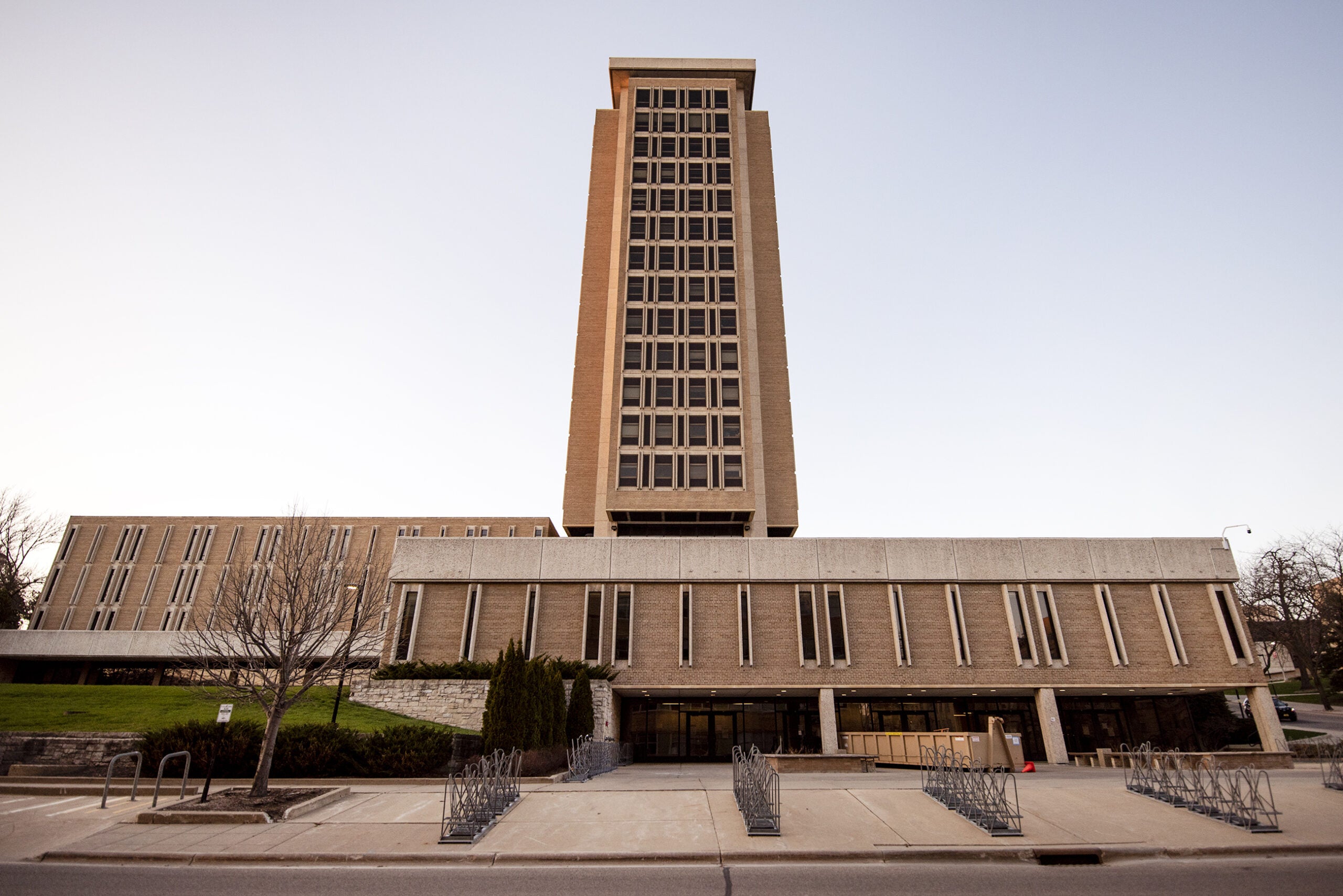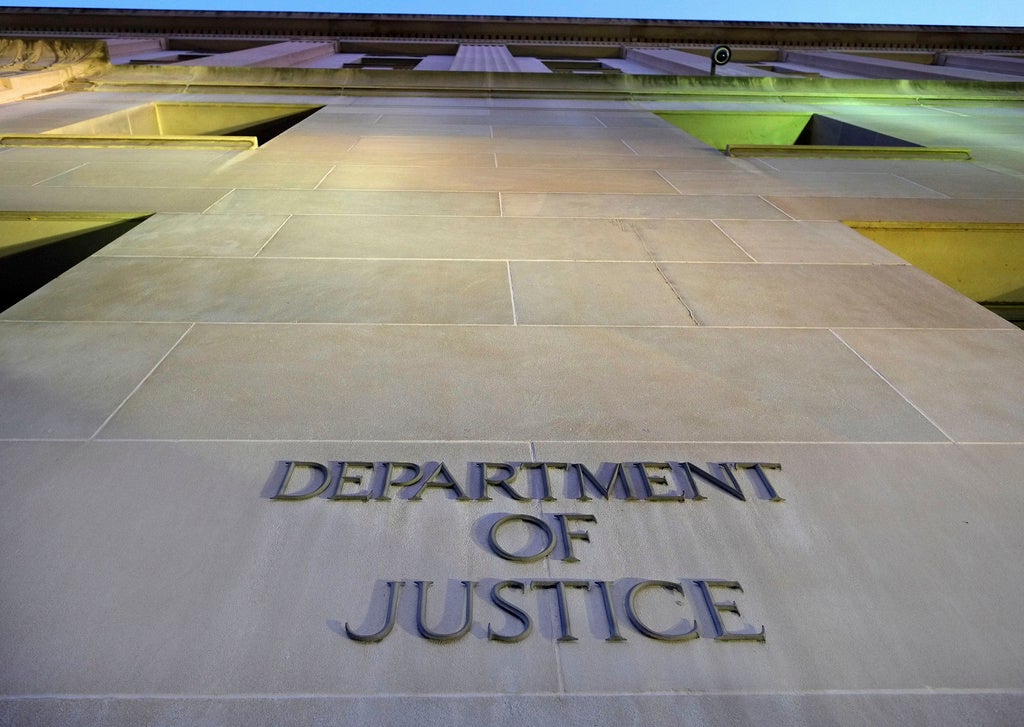A former University of Wisconsin-Whitewater student has filed a lawsuit in federal court accusing the university and UW System for failing to protect her and others from sexual harassment by a former chancellor’s husband.
A complaint filed Tuesday with the U.S. District Court for the Eastern District of Wisconsin accuses UW-Whitewater and the UW System of not taking appropriate actions to protect former student Stephanie Goettl Vander Pas and other women from inappropriate comments and unwanted touching by Alan “Pete” Hill, the husband of former UW-Whitewater Chancellor Beverly Kopper.
Neither Vander Pas nor her attorney, Lisle Blackbourn, responded to requests for comment.
News with a little more humanity
WPR’s “Wisconsin Today” newsletter keeps you connected to the state you love without feeling overwhelmed. No paywall. No agenda. No corporate filter.
In December 2012, Vander Pas was a senior at the school and had the first of many unavoidable interactions with Hill, according to the complaint. At the time, Vander Pas was a member of the Whitewater City Council and attended a holiday party at then Chancellor Richard Telfer’s home when Hill told her that she was a “very pretty girl.” Hill’s wife, Beverly Kopper, was the campus’ provost at the time.
In May 2015, Kopper was named the 16th chancellor of UW-Whitewater. Soon after, then UW System President Ray Cross offered Hill “a formal appointment as an unpaid member of the academic staff with the title of Associate of the Chancellor.”
In October 2015, Vander Pas enrolled in UW-Whitewater’s Master of Business Administration program. That same month, she and Hill crossed paths at a coffee shop in Whitewater. The complaint alleges Hill initiated a hug without her consent, slid his hand underneath her skirt “and grabbed Stephanie’s buttocks underneath her clothing.”
The suit contends that after Hill assaulted Vander Pas, “he continued to engage in predatory sexual harassment of Stephanie, including hugging Stephanie at events without her consent.”
The lawsuit alleges that Hill’s behavior toward female students was well known on campus and that he harassed other women without facing consequences.
Several formal investigations into Hill’s behavior were launched starting in 2017. But the lawsuit claims that administrators said they couldn’t fire Hill because he wasn’t an employee, but ordered him to receive counseling about sexual harassment. The complaint alleges there is no record of counseling ever happening.
Another investigation was launched by the UW Board of Regents in 2018 after a UW-Whitewater employee filed a formal complaint alleging Hill grabbed her knee under a table. The investigation found that Hill’s behaviors met the standard for creating a hostile work environment and that his “physical acts have taken place frequently enough to be considered pervasive.”
On Sept. 14, 2018, Cross banned Hill from the UW-Whitewater campus and stripped him of his former title.
On Dec. 17, 2018, Kopper, Hill’s wife, resigned amid the sexual harassment allegations. Despite the resignation, Kopper collected her full salary for another eight months.
Vander Pas’ lawsuit claims that UW-Whitewater knew about Hill’s abusive behavior but took no action to protect victims and thereby violated federal Title IX statutes and her equal protection and due process rights under the U.S. Constitution.
In an emailed statement, UW System spokesman Mark Pitsch said system officials do not comment on pending litigation. UW Board of Regents President Edmund Manydeeds and Interim UW-Whitewater Chancellor Jim Henderson also declined to comment.
Vander Pas is asking a federal judge to find that the actions of UW-Whitewater and the UW Board of Regents were illegal and in violation of Title IX. She’s also seeking compensatory and punitive damages “in an amount to be determined.”
Wisconsin Public Radio, © Copyright 2025, Board of Regents of the University of Wisconsin System and Wisconsin Educational Communications Board.






